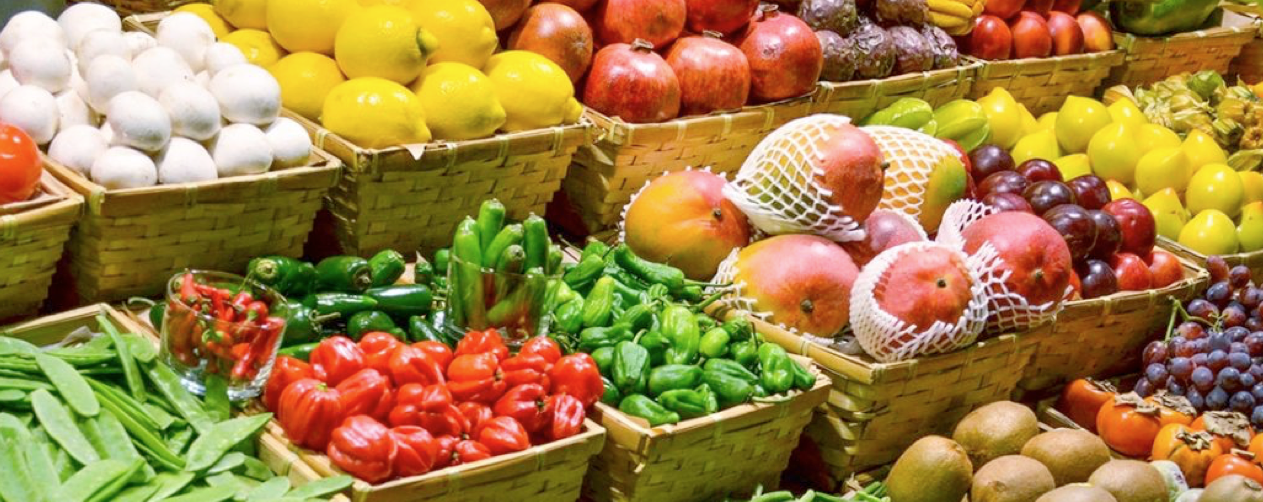A timely reminder from long time BU family member Bentley that it is important to make sensible decisions about our diet.
Dietary Guidelines for the Brazilian population
Assuming the rights to health and healthy food as general assumptions, the Guide is an official document that addresses the principles and recommendations of a healthy diet for the Brazilian population, representing a tool to support food and nutrition educational activities in SUS and also in other sectors. Considering the multiple determinants of feeding practices and the complexity and challenges that are involved in the shaping of current food systems, the Food Guide reinforces the commitment of the Ministry of Health to contribute to the development of strategies for the promotion and realization of the human right to adequate food.
Ministry of Health of Brazil





The blogmaster invites you to join the discussion.